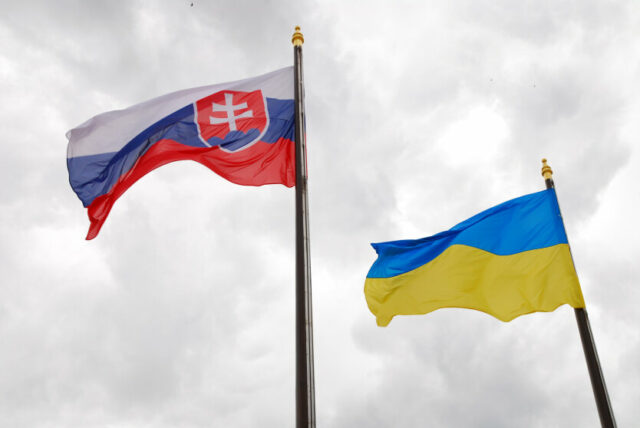New Stricter Housing Regulations for Refugees in Slovakia: What You Need to Know
In a crucial shift in policy, the Slovak government is tightening its regulations regarding temporary housing for refugees. This decision comes as a reaction to the rising number of refugees from Ukraine seeking refuge in Slovakia as a result of ongoing conflict. By refining their approach, the government is aiming to foster a more sustainable integration model for those in need.
The Need for Change
The Slovak Ministry of Interior has recognized that the prior framework for refugee support was inadequate for long-term needs. To understand this better, consider how many Ukrainians have crossed into Slovakia in search of safety. This influx has highlighted the importance of not just providing immediate assistance but ensuring refugees can successfully settle into society. A recent study showed that countries with better integration frameworks report a 30% increase in refugee employment rates within two years compared to those with limited support. Slovakia aims to be part of this positive trend.
Key Features of the New Legislation
Under the updated regulations, the following changes will take effect:
- Refugees can stay in temporary shelters for a maximum of 120 days.
- Those who lose their status cannot reapply for free housing.
- Vulnerable groups, such as seniors over 65, individuals with severe disabilities, single parents with young children, and children under five, may have an extended stay.
- Starting in March of the next year, all refugees will receive housing assistance of €5 per day.
Understanding Vulnerable Groups
This new approach is particularly focused on supporting vulnerable populations within the refugee community. For instance, think about the single mother of two young children who desperately needs both shelter and a stable living situation. By allowing extended stays for those facing significant challenges, Slovakia is showing compassion while still promoting eventual self-sufficiency.
A Broader Vision for Integration
These regulations signify more than just logistical changes; they embody a broader goal of improving living conditions and helping refugees become integral members of Slovak society. Studies indicate that refugees who feel supported and integrated into their communities are more likely to contribute positively, boosting local economies and cultures.
As Slovakia navigates the complex dynamics of a humanitarian crisis, this new framework could lay the groundwork for building a more resilient and responsive refugee support system. It’s a challenge, but it’s also an opportunity for Slovakia to set an example in how nations can effectively balance humanitarian needs with national interests.
Ultimately, these regulatory changes won’t just reshape the refugee experience in Slovakia; they could also pave the way for a future where refugees are not merely surviving but thriving, enriching the cultural tapestry of their new home. And isn’t that a goal we can all support?





